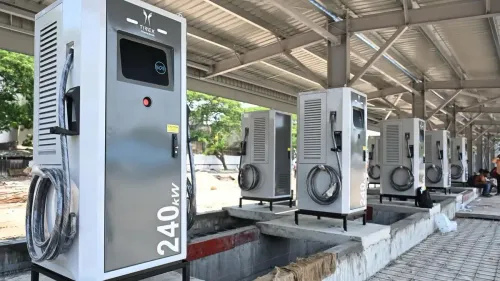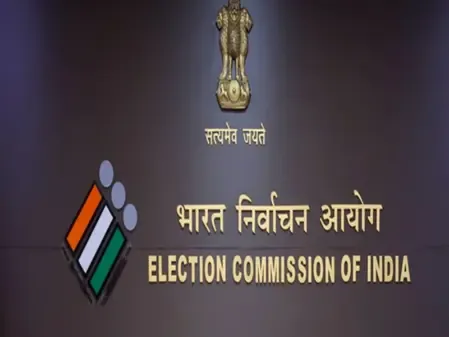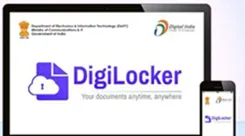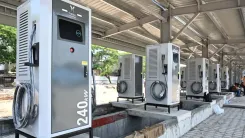Digital Processing of Air Passenger Imports and Exports to Commence on May 1: Government

Synopsis
Key Takeaways
- Electronic processing of imports and exports begins May 1.
- Available at select airports for gems and jewellery.
- Initial access for machinery samples at four major airports.
- Regulations adhere to FTP 2023 and HBP 2023.
- Reduced insurance period for stored goods from 10 to 5 days.
New Delhi, April 1 (NationPress) The government announced on Tuesday that the electronic processing of import and export via personal carriage by air passengers at selected airports will commence starting May 1.
The Central Board of Indirect Taxes and Customs (CBIC), part of the Department of Revenue, is set to implement electronic processing for Bill of Entry and Shipping Bill associated with gems and jewellery, as well as samples and prototypes carried by air passengers at designated airports from May 1.
The Ministry of Finance stated, "The export/import via personal carriage must comply with the Foreign Trade Policy (FTP) 2023 and Handbook of Procedures (HBP) 2023."
This personal carriage option will facilitate the export of gems and jewellery at nine airports: Delhi, Mumbai, Kolkata, Chennai, Kochi, Coimbatore, Bangalore, Hyderabad, and Jaipur, as outlined in para 4.87 of HBP. For imports, the service will be available at seven airports: Delhi, Mumbai, Kolkata, Chennai, Bangalore, Hyderabad, and Jaipur, as per para 4.88 of HBP.
For samples and prototypes of machinery, this facility will initially be accessible at Bengaluru, Chennai, Delhi, and Mumbai airports, according to the ministry.
"The harmonized procedure and electronic processing will enhance the ease of doing business for these types of transactions, particularly for gems and jewellery as well as high-end manufacturing," the ministry added.
Recently, the CBIC implemented significant relaxations for Customs Cargo Service Providers to foster ease of business and reduce logistics costs to facilitate global trade. Notable relaxations include a reduction in the required insurance period for stored goods.
Previously, Customs Cargo Service Providers (CCSPs) needed to insure goods stored in Customs areas for 10 days per the Handling of Cargo in Customs Areas Regulations, 2009. This period has now been halved to 5 days as a trade facilitation measure, which will improve cash flow for the entities by lowering costs.
The efforts by the CBIC aim to lower logistics costs, boost operational efficiency, and strengthen India’s position as a competitive force in global trade, aligning with the PM Gati Shakti National Master Plan's objectives of enhancing logistics infrastructure and efficiency in global trade to promote sustainable development.









